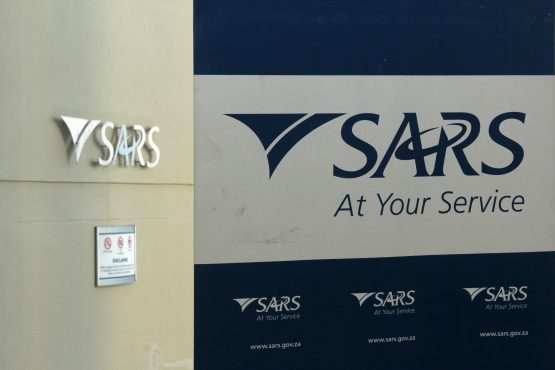The South African Revenue Service (SARS) has taken a significant step towards enhancing its VAT collection process by unveiling a comprehensive discussion paper aimed at ushering the country into a new era of taxation.
VAT, the second-largest source of tax revenue for the South African government, has long been burdened by outdated collection methods that have fallen behind other tax products.
Joon Chong, a prominent tax expert at Webber Wentzel, emphasised the critical importance of this move, stating that the current state of VAT collection poses significant challenges. Chong explained that VAT has the least supply chain visibility from a self-assessment viewpoint, leading to a greater risk of leakages and the need for regular audits.
Recognising the urgency of the situation, SARS is determined to modernise this vital tax collection system.
Read also: South African firms grapple with escalating cybercrimes
The Road to Modernisation
The roadmap to modernise VAT collection is both comprehensive and meticulous. SARS envisions a multi-stage process that spans various critical components. These include the development of sophisticated VAT data models, the careful selection of appropriate technologies, the establishment of strategic collaborations with vendors, the integration of vendors’ accounting systems with SARS infrastructure, and rigorous testing to ensure the new system’s reliability. The ultimate goal of this ambitious undertaking is to establish a streamlined, digitally-driven VAT supply chain that promises unparalleled transparency and efficiency.
Under this proposed system, VAT data originating from invoices and payments will be digitally transmitted to SARS through secure channels, mirroring the process already in place for PAYE data collection from employers. This digital transition promises real-time data transmission, contingent on the readiness of the vendor’s system. Essentially, this approach will simulate the vendor’s VAT return, thereby simplifying the compliance process and reducing the chances of errors.
It’s important to note that, even with this digital overhaul, the fundamental concept of self-assessment will remain intact. Vendors will still be obligated to submit their VAT returns by the due date, albeit with a more streamlined and efficient process. Initially, digital transmission will apply to approximately 80% of VAT vendors, primarily those already employing technology-based accounting systems. However, legislative amendments will be necessary to enforce digital data submission for the remaining 20% of vendors, including international businesses and transactions involving the government.
Transitioning to a Modern Era
SARS envisions a transition period of approximately five years to fully implement these groundbreaking changes. During this time, the transformation will be rolled out to encompass various segments of the VAT vendor base. To ensure a seamless shift, SARS intends to develop tailored models for small, medium, and micro enterprises, acknowledging the diversity of needs within the vendor community. However, recognizing the immediate need for action, SARS suggests that all vendors, regardless of size, should begin reporting VAT data in preparation for these forthcoming changes.
Joon Chong underscored the significance of this digital transformation, explaining, “The modernised system should minimise exposure to VAT miscalculations, errors, and omissions and require less audit verification. The initial costs incurred by vendors will be tax-deductible.” In support of this initiative, SARS plans to introduce legislation that mandates specific disclosures on VAT returns, identifies categories of vendors obligated to transmit VAT data electronically, and establishes penalties for non-compliance.
As South Africa embarks on this transformative journey, SARS is committed to launching an extensive information campaign to ensure all vendors are well-informed and prepared for the new system. While the initial costs of transitioning to a digital VAT collection system may be substantial, the long-term benefits of accurate VAT reporting are expected to far outweigh these expenses. As the nation modernises its VAT collection process, it seeks not only to bolster its fiscal health but also to instil confidence in its tax system for the benefit of all stakeholders. This comprehensive effort signifies a significant step toward a more efficient and transparent tax collection process, ensuring that VAT continues to play a vital role in South Africa’s economic landscape.
